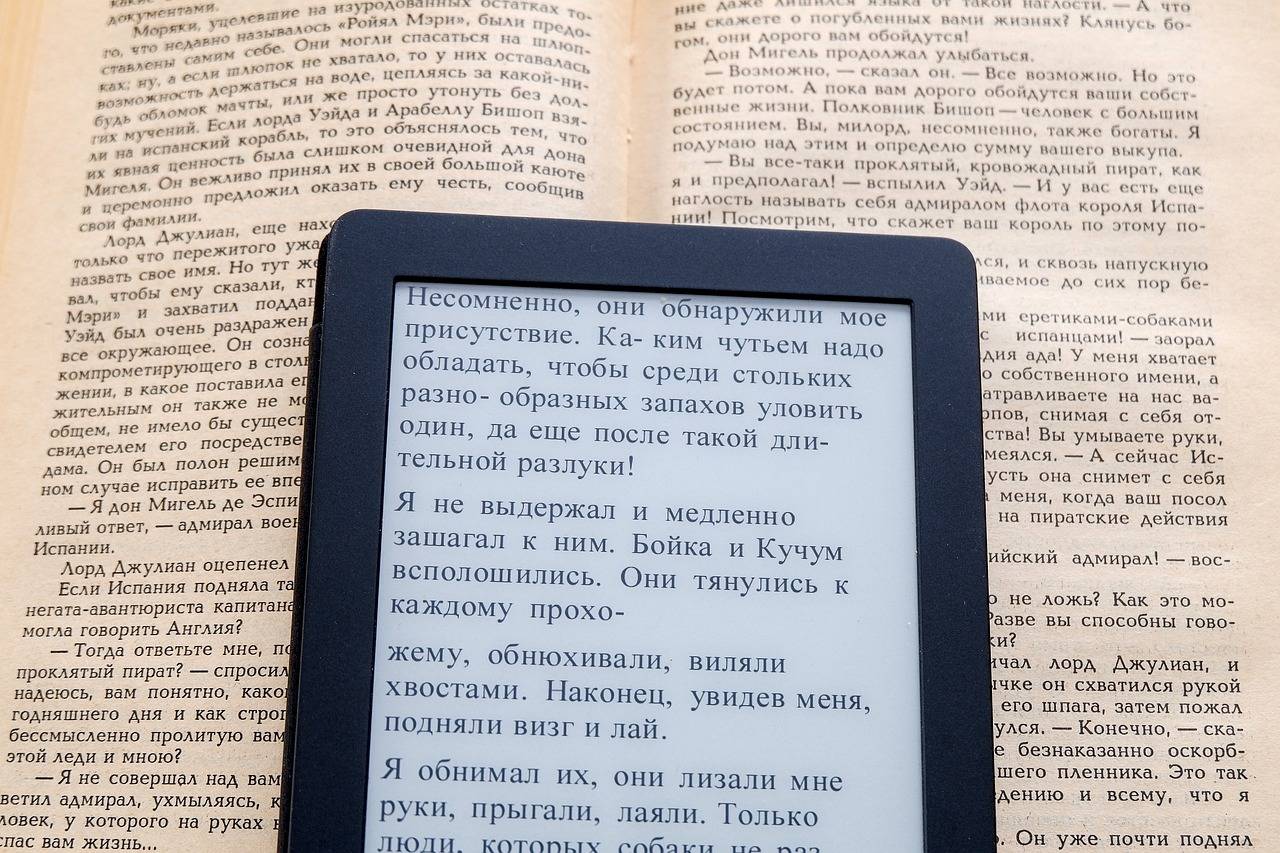Exploring Innovative Assessment Formats: Simulations and Role-Playing: Betbhai9.com whatsapp number, Radhe exchange id, Lotus365 login
betbhai9.com whatsapp number, radhe exchange id, lotus365 login: Exploring Innovative Assessment Formats: Simulations and Role-Playing
Assessments are an integral part of the education system, providing instructors with valuable insights into students’ comprehension and application of knowledge. While traditional formats like exams and essays are commonly used, there is a growing interest in exploring innovative assessment formats that can better evaluate students’ skills and abilities. One such format that has gained popularity in recent years is simulations and role-playing.
Simulations and role-playing assessments are designed to mimic real-world scenarios, allowing students to apply their knowledge and skills in a practical setting. These formats are particularly effective for evaluating higher-order thinking skills such as critical thinking, problem-solving, and decision-making. By immersing students in simulated environments, educators can assess not only what students know but also how they can put that knowledge into action.
Key Benefits of Simulations and Role-Playing Assessments
1. Engaging and Interactive: Simulations and role-playing assessments are inherently engaging and interactive, making learning more enjoyable for students.
2. Real-World Application: These formats allow students to see the practical relevance of their learning by applying it to realistic scenarios.
3. Critical Thinking Development: Simulations and role-playing require students to think critically and make decisions, fostering the development of analytical skills.
4. Collaboration and Communication: Many simulations and role-playing exercises involve group work, promoting collaboration and communication skills.
5. Immediate Feedback: Instructors can provide immediate feedback during simulations, helping students learn from their mistakes in real-time.
6. Assessment of Multiple Skills: Simulations and role-playing assessments can evaluate a wide range of skills, from problem-solving to communication to teamwork.
Implementing Simulations and Role-Playing Assessments
When incorporating simulations and role-playing assessments into your curriculum, it’s essential to consider the following tips:
1. Align Assessments with Learning Objectives: Ensure that simulations and role-playing exercises align closely with your course’s learning objectives.
2. Provide Clear Instructions: Clearly communicate the goals and expectations of the assessment to students to avoid confusion.
3. Offer Adequate Preparation: Give students the necessary resources and guidance to prepare for simulations and role-playing activities effectively.
4. Facilitate Reflection: Encourage students to reflect on their performance in the simulation and identify areas for improvement.
5. Tailor Assessments to Student Needs: Consider students’ individual strengths and weaknesses when designing simulations and role-playing exercises.
FAQs:
Q: How can simulations and role-playing assessments benefit students?
A: Simulations and role-playing assessments can benefit students by providing real-world application of knowledge, fostering critical thinking skills, and promoting collaboration and communication.
Q: Are simulations and role-playing assessments suitable for all subjects?
A: While simulations and role-playing assessments are more commonly used in subjects like business, healthcare, and social sciences, they can be adapted for a wide range of disciplines with creative design and implementation.
Q: How can instructors evaluate students’ performance in simulations and role-playing activities?
A: Instructors can evaluate students’ performance in simulations and role-playing activities through observation, rubrics, self-assessments, and peer evaluations.
In conclusion, simulations and role-playing assessments offer a dynamic and effective way to evaluate students’ skills and abilities. By incorporating these innovative formats into your curriculum, you can provide students with valuable learning experiences that go beyond traditional assessments.







